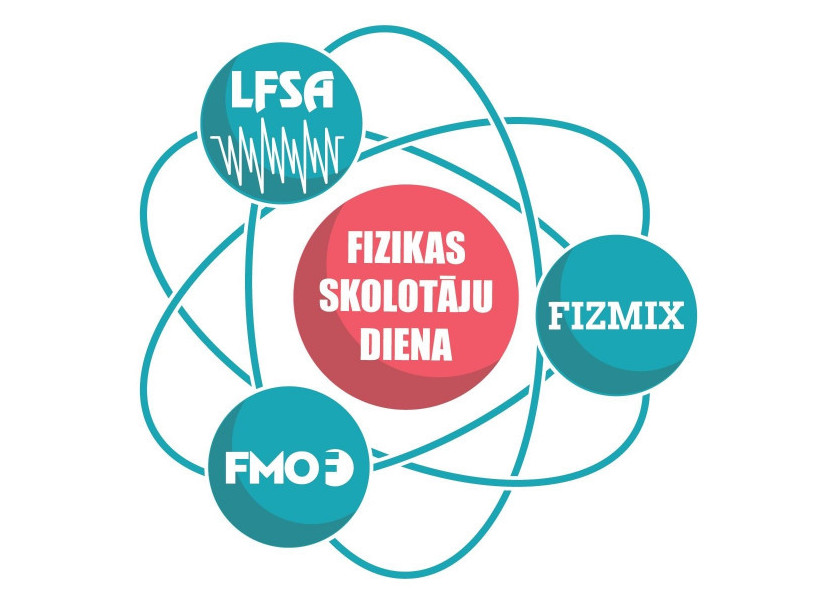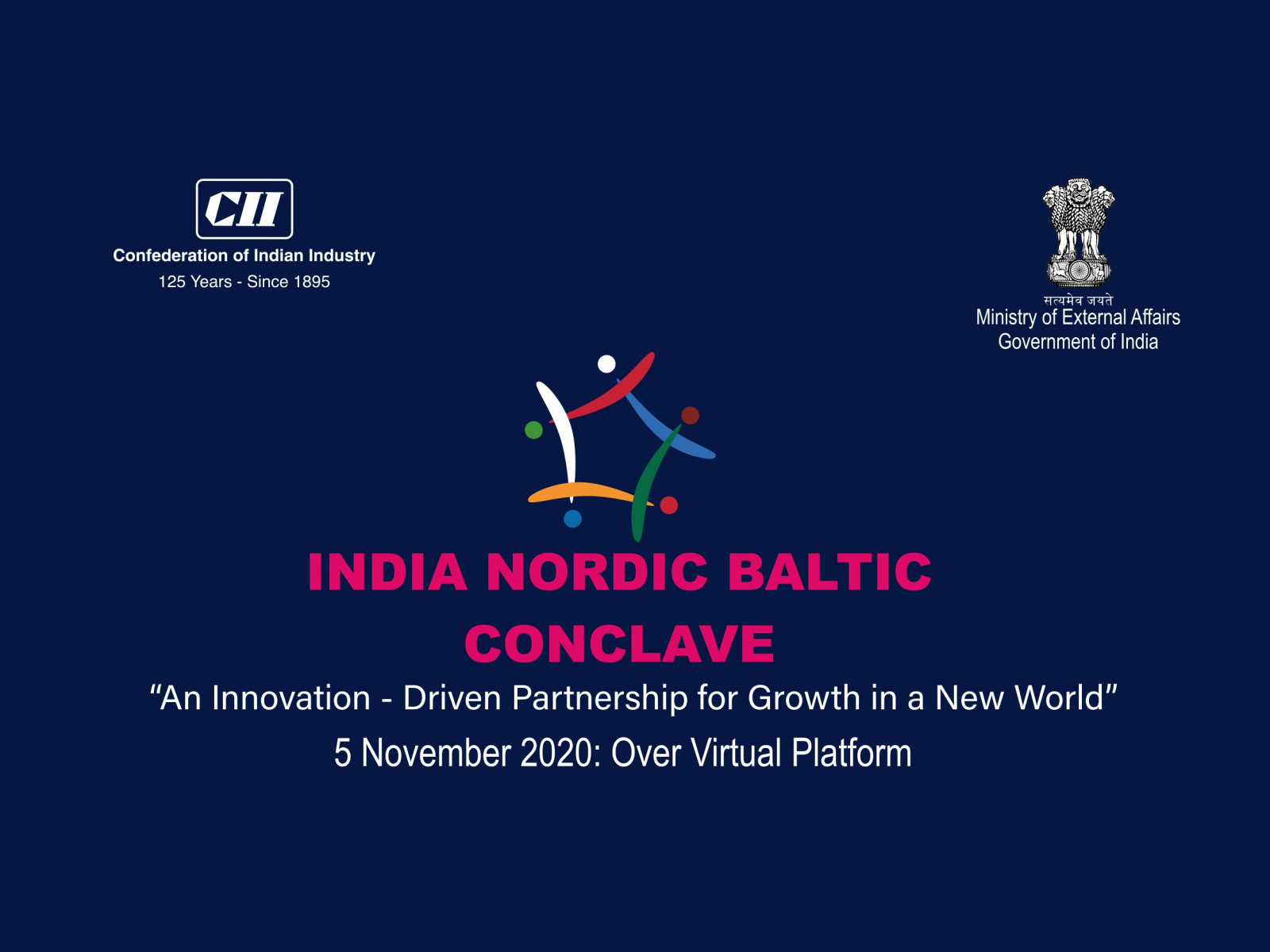On January 11, the ISSP UL held the opening meeting of the project “Photonics and smart materials, technologies and engineering systems”, which will be implemented as part of the National research program called “Innovation Fund – sectoral research programs”. The project was opened by Ieva Siliņa, Adviser to the Minister of Economics on Innovation and Digitization Issues. The event was attended by representatives from Riga Technical University (RTU), the University of Latvia (UL), the Institute of Electronics and Computer Science (EDI), the Latvian Biomedical Research and Study Center, the Rēzekne Academy of Technology, the Latvian State Institute of Wood Chemistry.
The aim of the project is to establish a co-creation research ecosystem to foster development in the RIS3 sector of photonics, smart materials, related technologies, and engineering systems based on scientific breakthroughs and further research commercialization in Latvia. The project results include the development of at least 37 technology rights and at least four intellectual property license agreements.
The project unites core research teams from the ISSP UL, RTU, UL, EDI, and other most prominent national research centers to reach sustainable development, outstanding scientific synergy, maximizing research & administrative capacities, and creating a supportive environment for young researchers and technological innovators.
Project tasks are grouped into six work packages (WP). WP1 is the project management package which will be coordinated by the ISSP UL, and WP6 is the dissemination package which will be coordinated by RTU. The rest of the WPs cover the general areas of the project: Photonics (WP2 coordinated by ISSP UL), Microfluidics (WP2 coordinated by ISSP UL), Smart Materials (WP4 - RTU) and Robotics/IoT-based engineering systems (WP3 - EDI).
Each WP has its sphere of responsibility: WP1 will be responsible for the management, coordination and administration (administration, financial management, support for the Steering Committee, HR, development of the commercialization strategy, and outcome management); WP2-WP5 will be responsible for the development of solutions, methods, technologies, and prototypes in selected areas of RIS3 (photonics, microfluidics, robotics/IoT, smart materials); WP6 for communication and dissemination including conference organization and media activities.
The project implementation period is 24 months. The allocated funding – 5 700 000 EUR.



